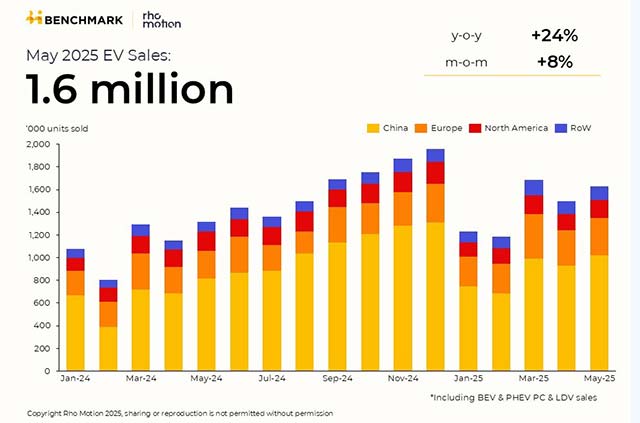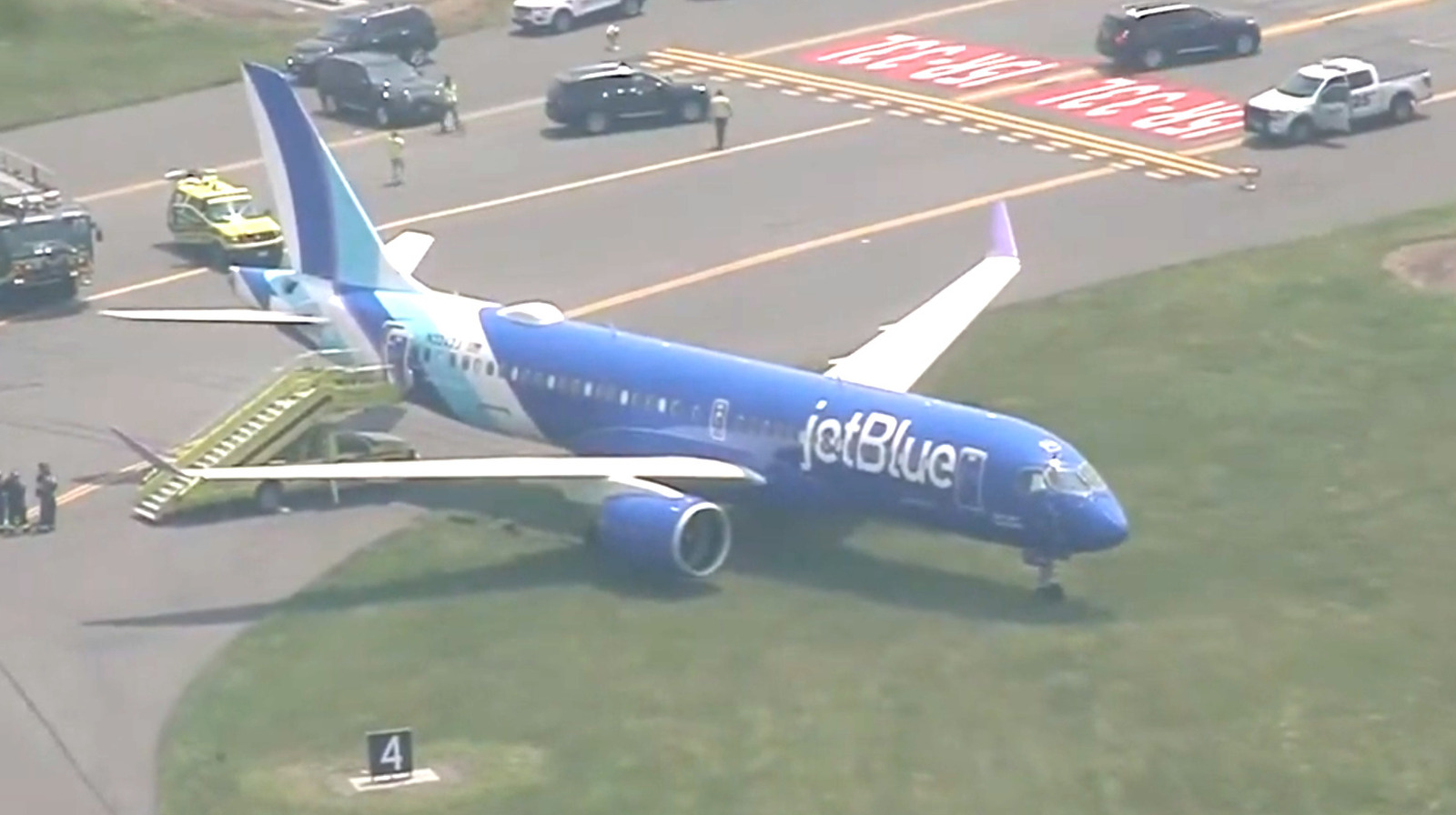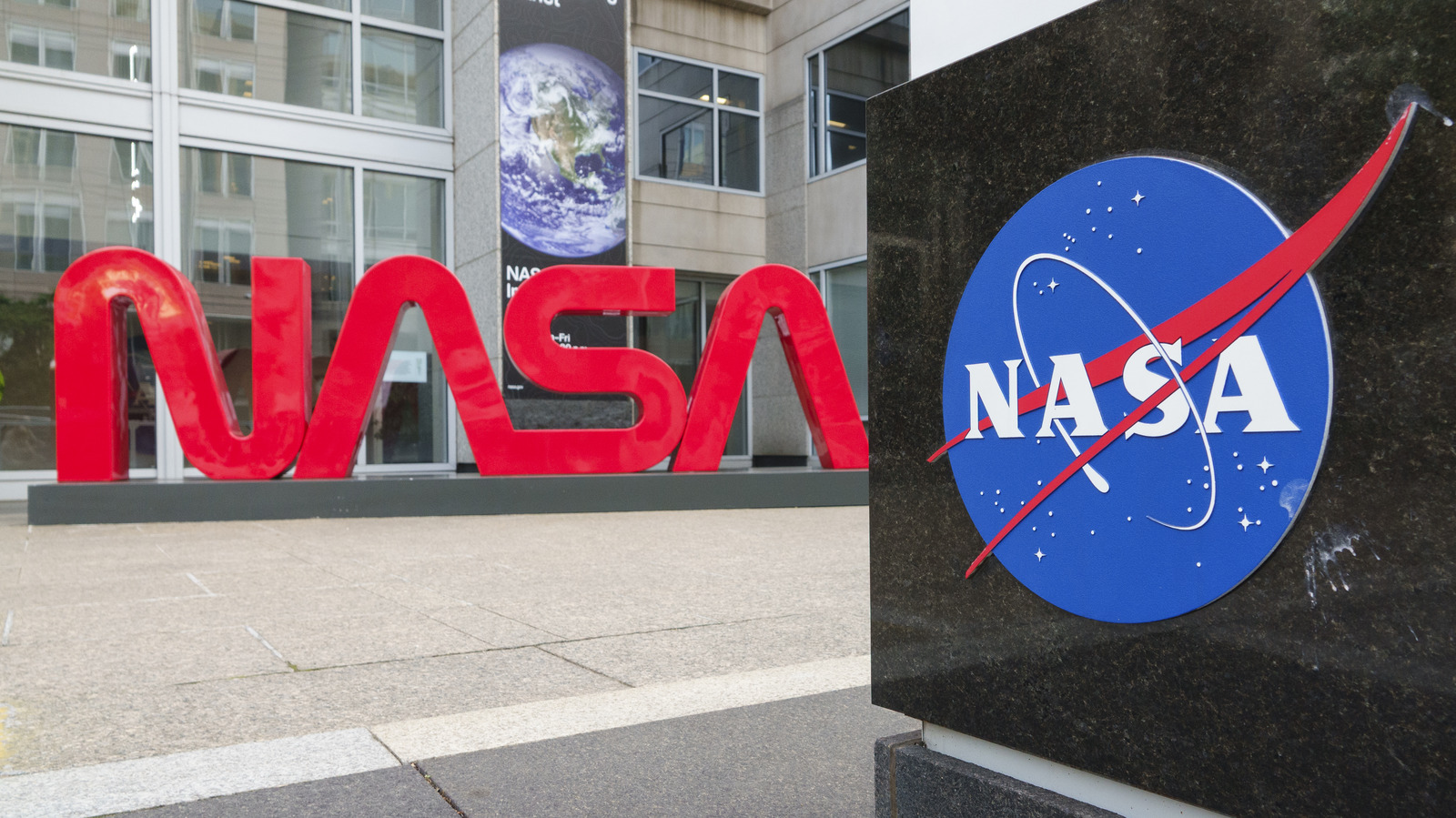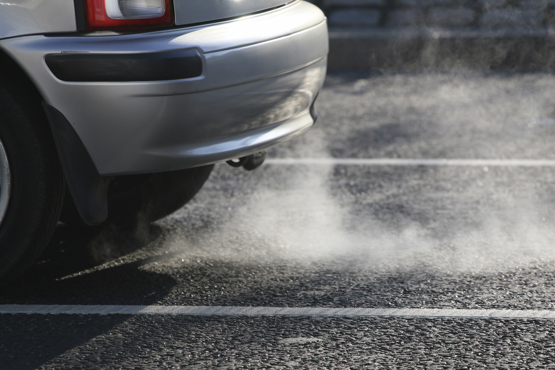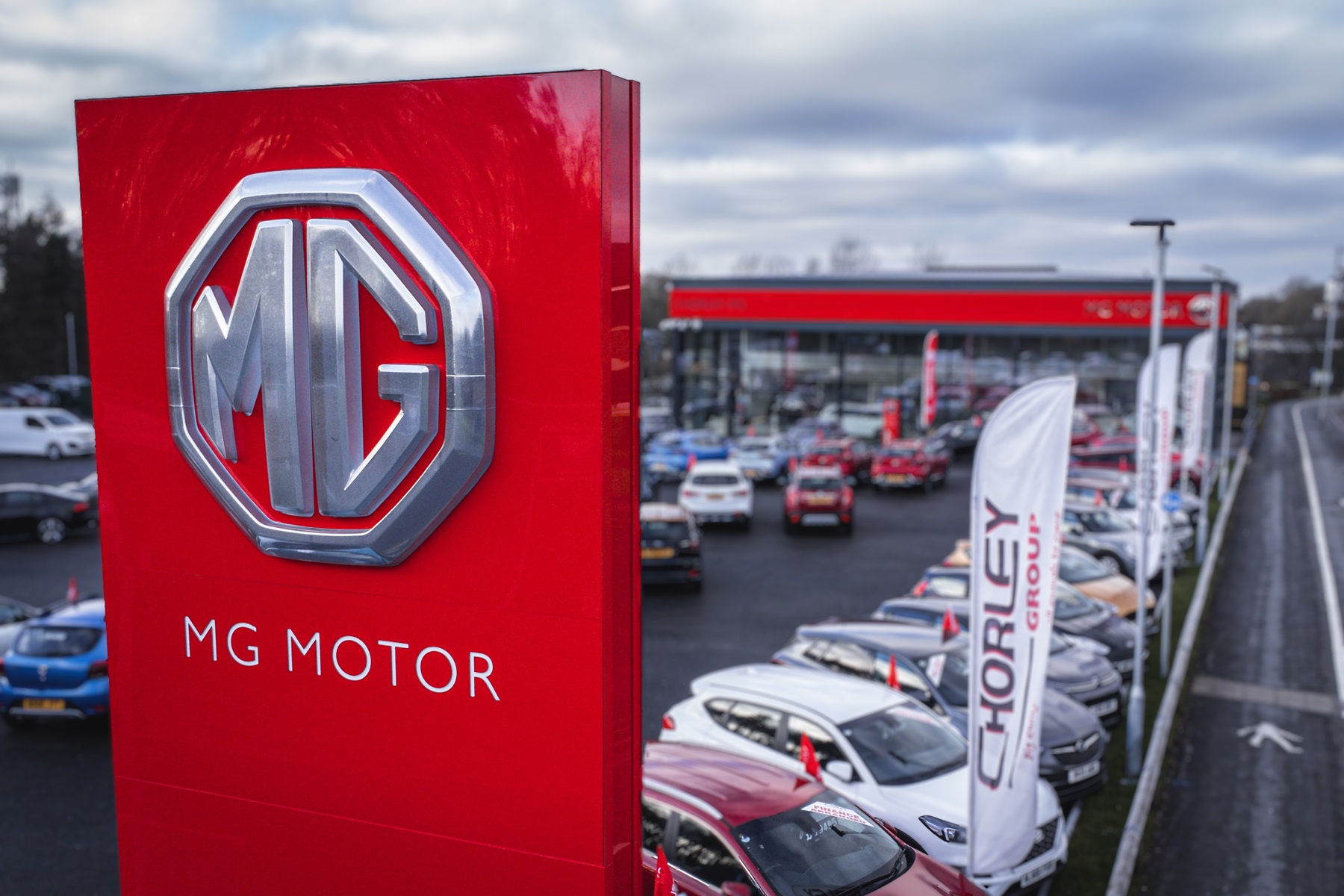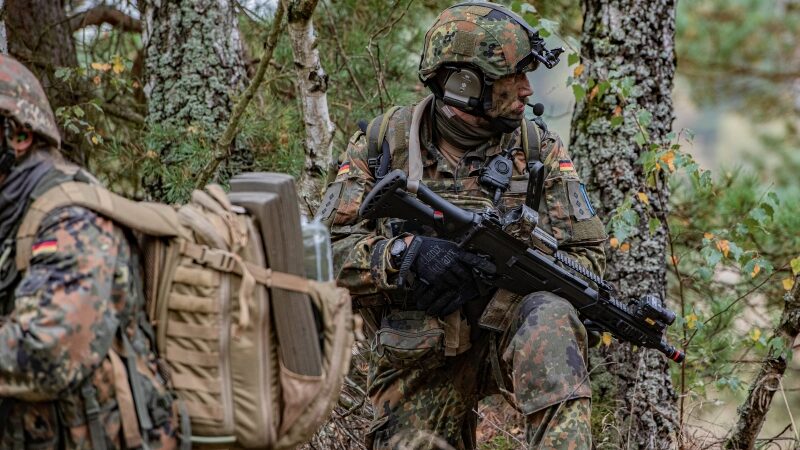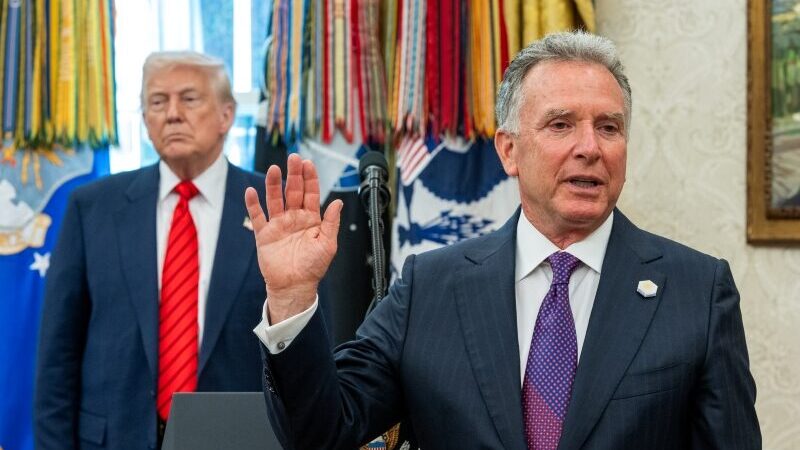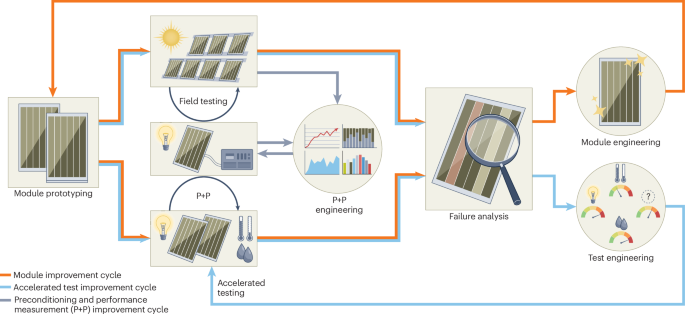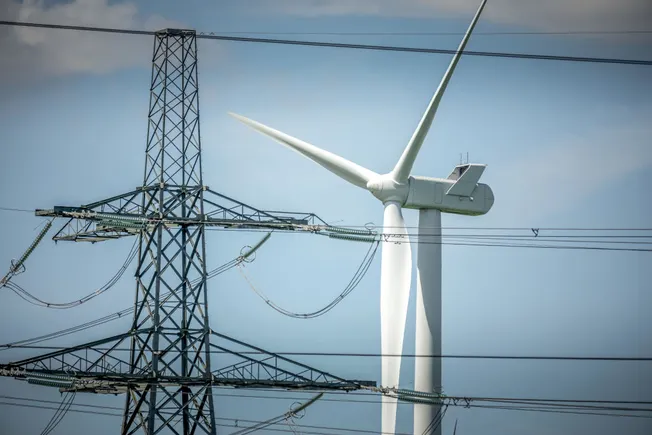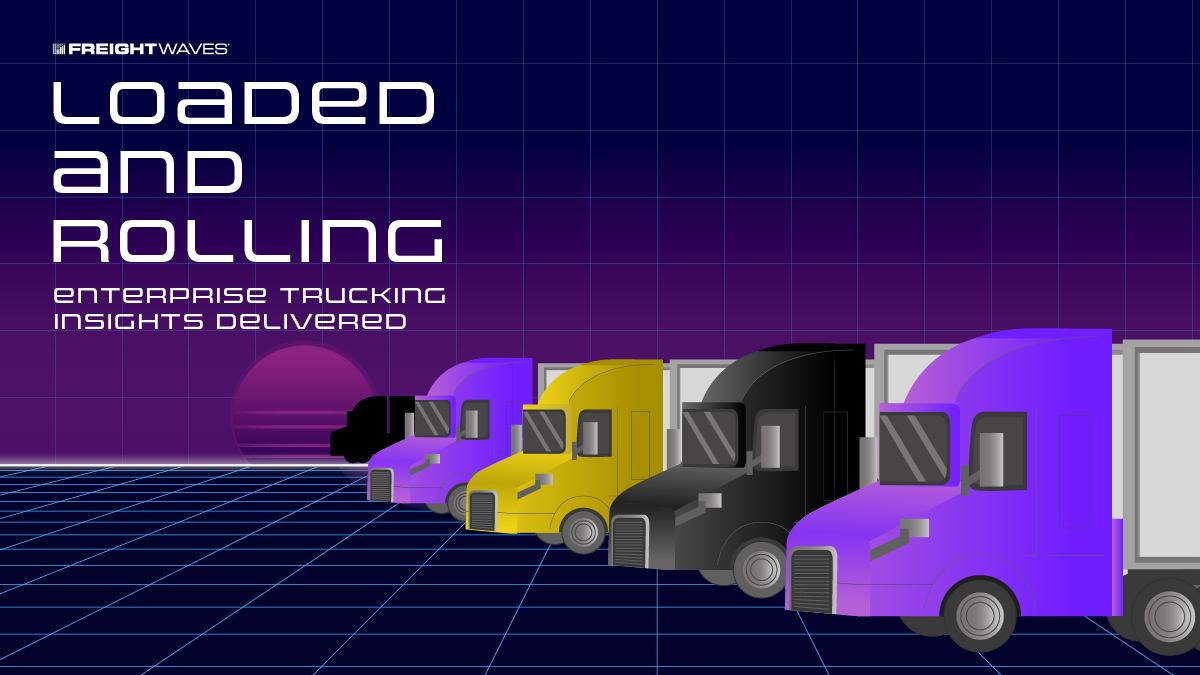How carriers can prevent fuel fraud at the pump before it happens
With the rise of fuel fraud and increasingly complex fuel tax regulations, QuikQ’s fuel payment instruments utilize technology to track and prevent discrepancies at the pump. The post How carriers can prevent fuel fraud at the pump before it happens appeared first on FreightWaves.


Unfortunately, carriers are seeing a rise in fuel fraud and are forced to spend significant time tracking and verifying fuel expenses. Back office fuel management and International Fuel Tax Agreement (IFTA) accounting requirements mean that larger fleets spend sometimes dozens of hours per month simply reconciling fuel purchases.
Rich Taute, vice president of sales and strategy at QuikQ, joined Loaded and Rolling host Thomas Wasson to talk about what technologies and tactics can prevent fuel fraud and simplify back office fuel management processes.
Traditionally, most fleets provide their drivers with fuel cards to manage purchases on the road. These fuel cards are one way to simplify payments and expense accounting, but some systems are prone to abuse and exploitations. The rise in fuel fraud has led to significant losses in the past few years.
“While we have a traditional fuel card product, we’re also excited to talk about our cardless solutions, especially SmartQ RFID,” Taute said. “We’ve spent the last twelve months helping carriers mitigate fraud, and one of the most effective ways we’ve been able to combat fraud is through our RFID technology.”
SmartQ RFID works similarly to the toll tags that many trucks use to be able to pass through toll stations. QuikQ utilizes that same concept with SmartQ RFID to turn on the dispenser at the fuel pump and tie each transaction to a particular asset.
“This technology is very simple and secure,” Taute said. “In sixteen years, we’ve never had a single fraudulent transaction using our RFID payment instrument.”
Over the past twelve months, the QuikQ operations team and finance team have been working hard in the field to get these payment instruments to carriers, and Taute says those efforts have been immensely helpful in reducing fraud for customers.
“This is a great solution for you if you’ve ever experienced fraud,” Taute said. “If you haven’t, you’re honestly fortunate, as bad actors are actively targeting less secure payment methods.”
In many documented incidents, drivers and scammers have swiped fuel cards at the pump to let other trucks refuel for a cash exchange. SmartQ RFID technology prevents that kind of instance from occurring in the first place.
“Once that RFID tag disengages from the antenna, we’ll turn the dispenser off no matter if the pump is still running or not,” Taute said. “That way, drivers can’t defraud their carrier by fueling up another truck.”
An ELD solution will only verify whether a truck is at the truck stop, but can’t control a fuel station’s pumps. “Those solutions are safer than nothing, but only an RFID tag attached to our pump can really accurately account for fuel going into the correct asset,” Taute said.
Two-factor authentication is another element of security QuikQ can provide to carriers. That authentication involves one simple step that requires the driver to verify that they stopped at a given location.
“Many of our customers have deployed that feature on fuel cards and our start code system to increase security,” Taute said. “It’s just another point of safety, and it makes it much easier to track down and prove any infractions.”
Likewise, QuikQ also offers fuel type and gallon limits based on the asset. Those controls prevent cases where a driver may try to inappropriately purchase extra fuel for another vehicle or for reefer trailer fuel, for instance.
“We’ve seen many incidents where a driver fueled a reefer trailer and billed that as truck fuel, which throws off all IFTA accounting,” Taute said. “Again, it’s just another element of security that we provide to ensure that purchased fuel winds up in the right asset.”
Aside from the security benefits, QuikQ’s payment instruments also provide many back office efficiency benefits to carriers simply by providing that kind of verification.
“That was eye opening for me,” Taute said. “I always knew fraud and mistakes occurred, but being able to verify it and hear accounts from our customers about how much time they saved was incredible to see.”
Quarterly IFTA statements, for example, are often a major pain point for carriers. Just like income taxes can be overpaid or underpaid at the end of the year, carriers may overpay in one state and underpay in another, meaning they have a credit in one state and a payment due in another.
By making it simpler to track which fuel is being purchased by which asset, QuikQ can compress the process for carriers and make it much simpler to account for IFTA expenses.
“Every RFID transaction is automatically assigned to the asset, meaning now your IFTA taxes are clean on record,” Taute said. “In the past, I’ve worked with carriers who had to spend many hours per month trying to figure out which truck and trailer were involved in a purchase, but with SmartQR RFID, that whole process is automated.”
There are still carriers who use printed receipts in their accounting, but those kinds of outdated processes are no longer necessary with the right technology, Taute says. More and more companies are adopting technology to make their back office operations more efficient, and that’s something that carriers need to consider in order to compete.
“We’re also excited to be launching a solid fuel card platform for payment factoring clients,” Taute said. “A lot of those factoring services are now offering fuel cards, and we’re taking the opportunity to meet the demand for that trend. Bringing our anti-fraud technology to the table with that solution is exciting for a lot of our clients who are looking for the best options in the marketplace,” he said.
Combining fuel card programs with invoice factoring helps factoring companies connect with carriers more tightly and increases the value of those factoring services.
With this system, the factoring company is funding an invoice, and they can load funds to a QuikQ prepaid account for a carrier in real time. Consolidating that ecosystem and enabling factoring companies to move that money around makes it seamless and makes balances easily reviewable.
“When a carrier needs money, they need that money right now in order to fuel their trucks and operate,” Taute said.
“Using our RFID technology on top of this ensures that factoring companies and carriers don’t have to worry about fraud,” Taute said. QuikQ can confirm with certainty that an asset was at a specific pump, and the monitoring systems in place can determine whether or not a truck fueled en route on a given load, which is verifiable for every party involved.
Being able to provide that kind of fraud deterrence is a huge help for both carriers and factoring companies, says Taute.
The biggest pain point for many carrier fuel departments, according to Taute, is the fact that fraud and payment issues often prevent drivers from being able to properly refuel while on the road. If a driver is stuck at a truckstop and unable to complete a purchase, the carrier is unable to generate revenue.
“Resolving those issues depends on customer service, and with us you’re talking to a human being on the phone in under a minute,” Taute said.
A lot of what QuikQ provides, however, involves tools to help carriers resolve and prevent issues on their own. “We can educate the customer and help them triage transaction clearing issues, whether that’s something like a driver entering the wrong unit number, being at an unauthorized truckstop, purchasing an unauthorized product, and so on,” Taute said.
“Our customer service team will gladly help, but honestly most customers would rather not have to rely on help in the first place,” Taute said. “Instead of forcing customers to even have to call us, we can help them understand what to look for so they can avoid having issues and move on more quickly.”
In some cases, drivers may be incentivized to purchase fuel at certain locations, and QuikQ can help set up authorizations to make operations more efficient. The SmartQ RFID system is scalable depending on what a carrier wants to do.
“From a fuel perspective, you have to account for the price of fuel in certain locations, IFTA tax considerations, and the route,” Taute explained. “We’ve got all the levers so carriers can keep their fuel purchases as open or as tightly controlled as needed.”
“Our security is much more strategic than some of our competitors, so we’ve gotten a number of calls from prospective customers who are in need of a solution when other fuel providers lock down their entire fleet,” Taute said. “Because we are able to quickly and accurately track and prevent fraud, we help keep entire fleets moving, and that has won us a lot of business from customers who need a sophisticated solution.”
Click here to learn more about QuikQ.
The post How carriers can prevent fuel fraud at the pump before it happens appeared first on FreightWaves.

























